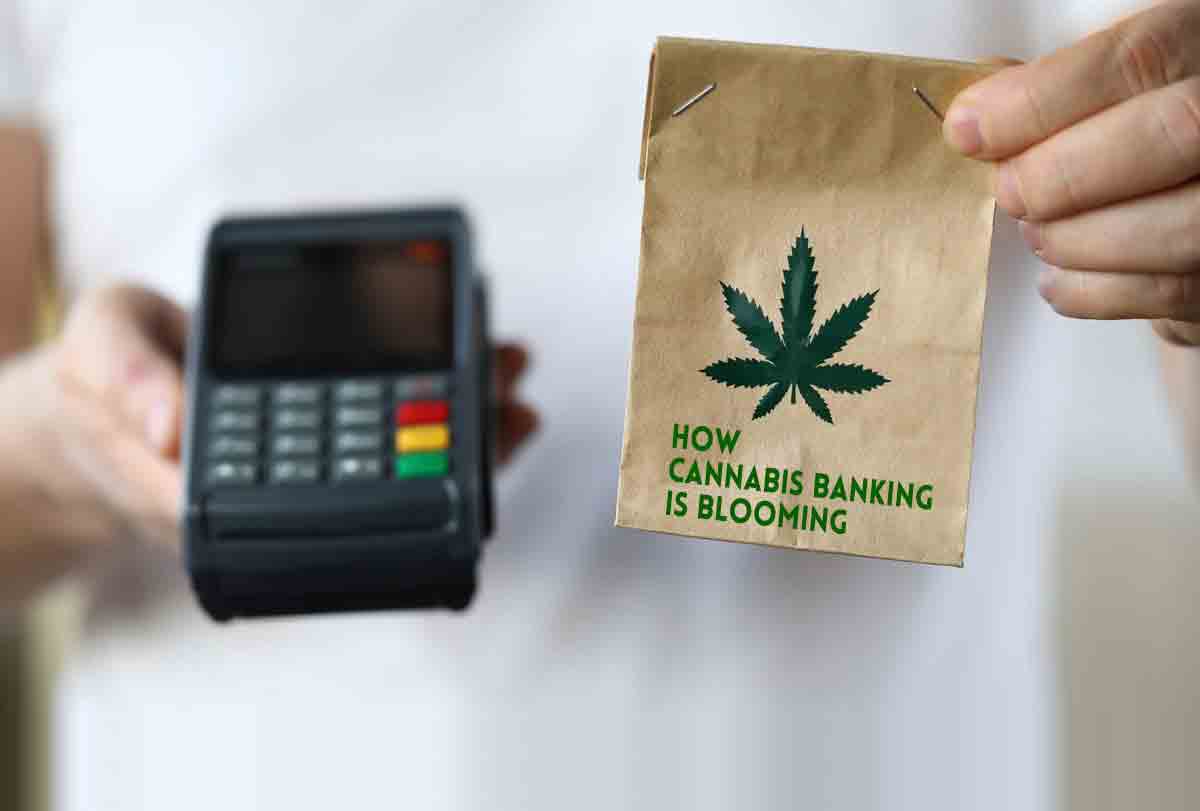The cannabis banking industry has undergone a remarkable transformation in recent years, evolving from a niche market to a multi-billion dollar global enterprise. This growth has been fueled by increasing legalization efforts, shifting societal attitudes, and growing recognition of the plant’s therapeutic potential. However, one of the most significant hurdles facing the industry has been the issue of cannabis banking.
The Challenges of Cannabis Banking
Due to its federal classification as a Schedule I controlled substance, cannabis remains illegal under the Controlled Substances Act (CSA). This has created a complex and challenging regulatory environment for cannabis businesses, particularly when it comes to banking and financial services.
Traditionally, banks have been hesitant to serve cannabis businesses due to concerns about federal compliance and potential repercussions. These concerns stem from the fact that banks are subject to federal regulations, including anti-money laundering (AML) and Bank Secrecy Act (BSA) requirements. Violating these regulations could result in significant penalties, including fines, imprisonment, and even the loss of their banking licenses.
As a result of these concerns, many cannabis businesses have been forced to operate on a cash-only basis. This has created a number of challenges, including increased security risks, difficulty in tracking finances, and limitations on growth opportunities.
The Rise of Cannabis Banking Solutions
In recent years, there has been a growing recognition of the need for safe and legal banking solutions for the cannabis industry. This has led to the emergence of a number of specialized cannabis banking institutions and financial services providers.
These institutions have developed innovative solutions to address the unique challenges of cannabis banking. They have implemented robust compliance programs to ensure adherence to federal regulations, and they have developed relationships with regulators to help foster understanding and cooperation.
PEOPLE ALSO READ:
Digital Dollars and Crypto Currencies: The Evolution of Money
As a result of these efforts, cannabis businesses are increasingly able to access traditional banking services, such as checking and savings accounts, loans, and payment processing solutions. This is having a significant positive impact on the industry, allowing businesses to operate more efficiently, expand their operations, and create jobs.
The Future of Cannabis Banking
The future of cannabis banking is bright. As the industry continues to grow and legalization efforts expand, there is increasing demand for safe and legal banking solutions. Cannabis banking institutions are well-positioned to capitalize on this opportunity, and they are continuing to innovate and develop new solutions to meet the evolving needs of the industry.
In addition, there is growing momentum for federal cannabis reform. If cannabis is descheduled or legalized at the federal level, it would remove the major regulatory hurdles that have hindered cannabis banking. This would pave the way for even greater integration of the cannabis industry into the traditional financial system.
Conclusion
The cannabis industry has come a long way from its days of being associated with reefer madness. Today, it is a thriving and legitimate industry that is making significant contributions to the economy. Cannabis banking is playing a crucial role in the growth of the industry, and it is poised to continue to do so in the years to come.
Frequently Asked Questions
What are the benefits of using a cannabis banking institution?*
Cannabis banking institutions offer safe and legal access to traditional banking services, reduced security risks, improved financial transparency, access to capital, and compliance expertise.
What are the qualifications for a cannabis business to become a customer of a cannabis banking institution?
Valid state license, comprehensive compliance program, and clean financial history are common requirements.
What types of fees do cannabis banking institutions charge?
Cannabis banking institutions typically charge higher fees due to increased regulatory and compliance risks.
How can cannabis businesses protect themselves from fraud?
Conduct thorough due diligence, segregate duties, and implement robust cybersecurity measures.
What are the implications of the SAFE Banking Act for cannabis banking?
The SAFE Banking Act would provide greater clarity, protection, and easier access to traditional banking services.
What is the role of technology in cannabis banking?
Technology is improving compliance, automating processes, and enhancing security.
What is the future of cannabis banking?
The future of cannabis banking is bright with increasing demand for safe and legal banking solutions.
